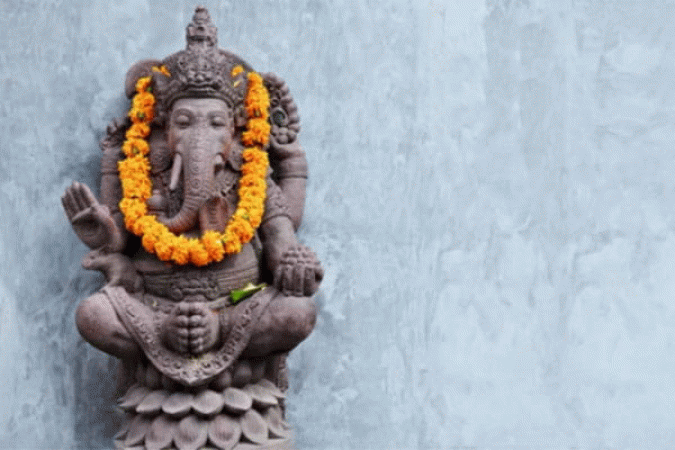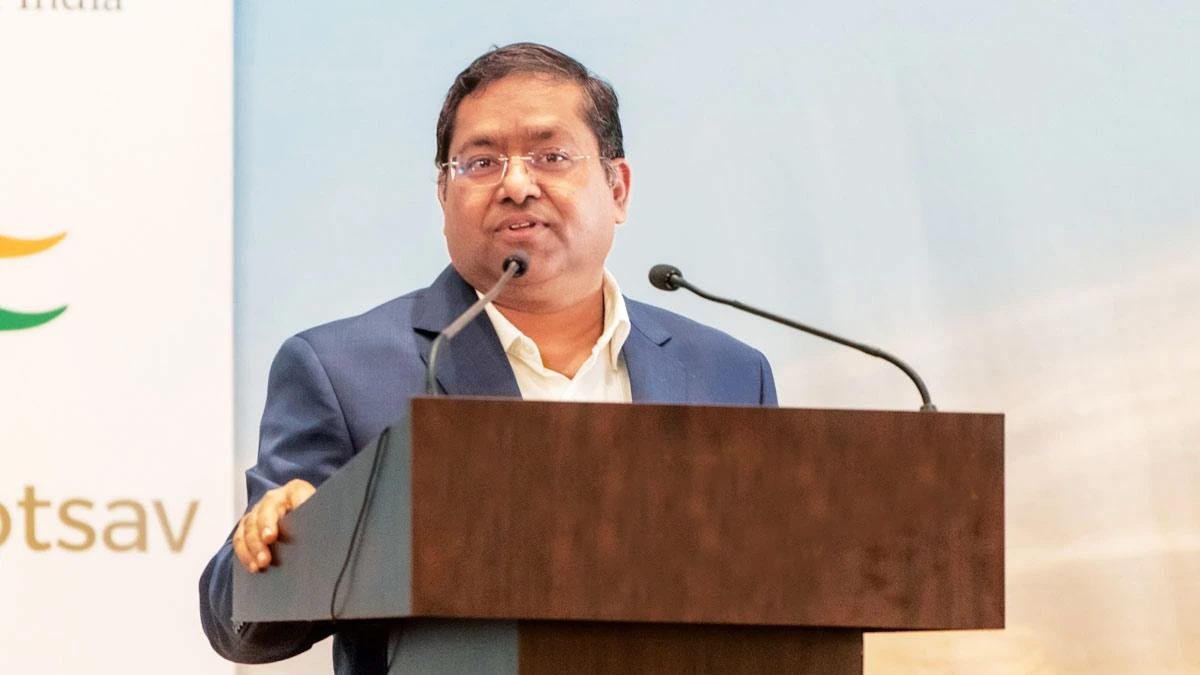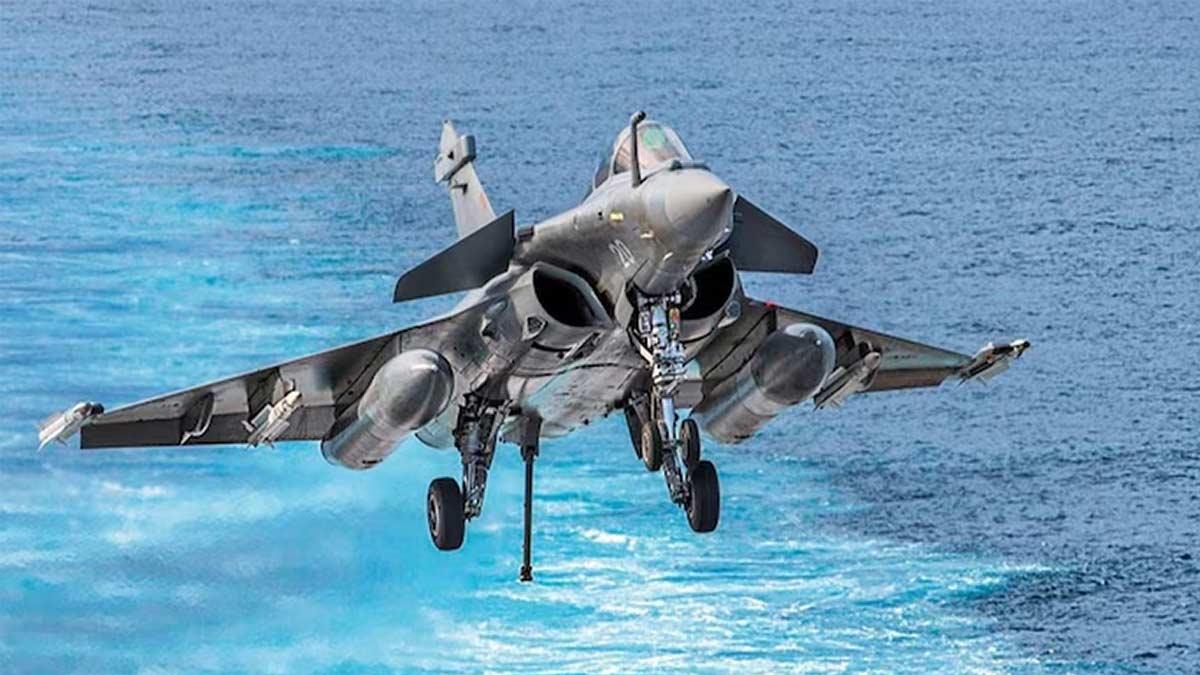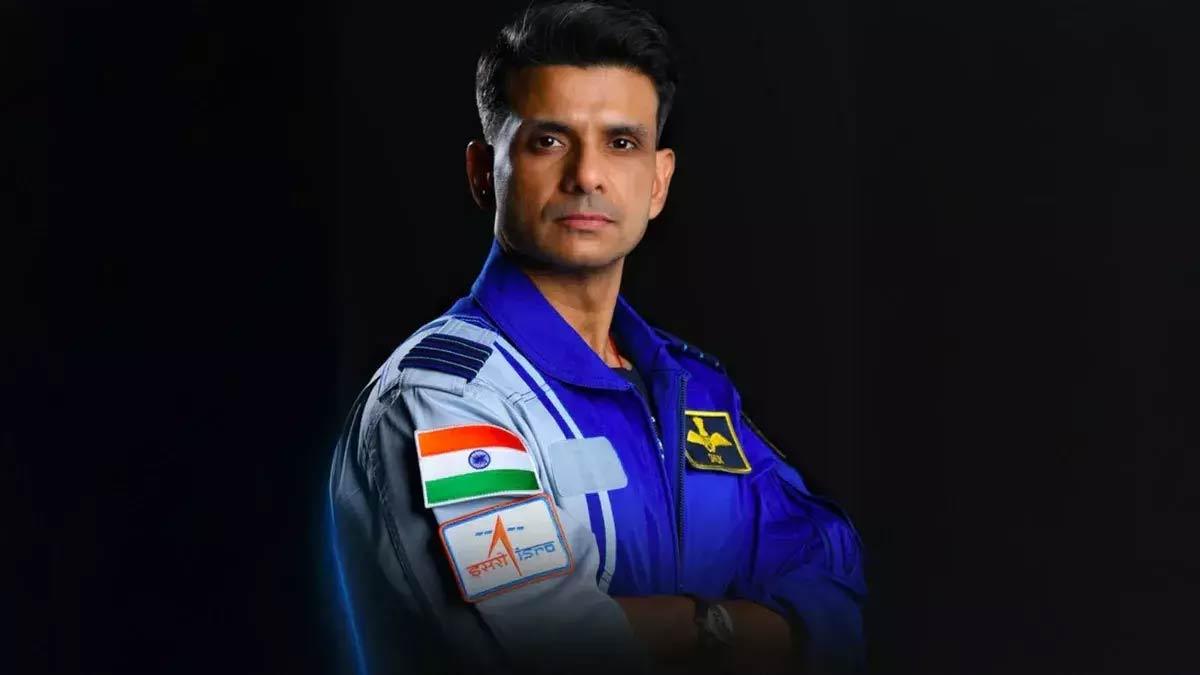India has once again asked the United Nations to recognize new forms of religiophobia including Hinduphobia as well as anti-Buddhist and anti-Sikh phobias.
T S Tirumurti, India’s permanent representative to UN, on Thursday, pointed out that the UN has been highlighting certain kinds of religious phobias like Islamophobia, Christianophobia, and anti-Semitism but it has not recognized new forms of religiophobia including Hinduphobia as well as anti-Buddhist and anti-Sikh phobias. “Another trend which has of late become prominent is highlighting certain religious phobias. The UN has highlighted some of them over the years, namely, those based on Islamophobia, Christianophobia and anti-Semitism — the three Abrahamic religions. These three find mention in the Global Counter-terrorism Strategy,” Tirumurti said.
“But new phobias, hatred or bias against other major religions of the world need to also be fully recognised. The emergence of contemporary forms of religiophobia, especially anti-Hindu, anti-Buddhist and anti-Sikh phobias is a matter of serious concern and needs attention of the UN and all its member states to address this threat,” he added.
The issue of acknowledging the dangers of Hinduphobia by the UN has been raised for the second time by India. Last year, Minister of State for External Affairs V Muraleedharan had told the United Nations Security Council (UNSC) that anti-Hindu phobia was among more virulent forms of religious phobias that the world had failed to recognize.
Also read| Amar Jawan Jyoti to be extinguished, merged with eternal flame at War Memorial
In his speech, Trimurti referred to the Global Counter Terrorism Strategy’s” 7th review passed by the U.N. General Assembly in June 2021. He also criticized the strategy as politically motivated, in reference to terms used such as “right-wing nationalism” and “violent nationalism”, saying that generalizing local/domestic narratives at an international level is a wrong precedent and will weaken global resolve to fight terrorism. He also said that the UN strategy is exclusive in nature given that it only mentioned acts of violence against Abrahamic religions (Christianity, Islam and Judaism) not pagan/eastern religions.
Ambassador Tirumurti accused member states of pursuing narrow religious or political interests given their attempts to compartmentalize and label extremists/terrorists. “It is important to understand that in democracies right-wing and left-wing are part of the polity primarily because they come to power through the ballot reflecting the majority will of the people and also since democracy by definition contains a broad spectrum of ideologies and beliefs,” he said.
He argued that such a move is a setback in global fight against terrorist and extremists’ ideologies and networks as such a move is akin to reverting back to the good-terrorists/bad-terrorists polarizing narrative which and this can push the international community to the “pre 9/11 era.” “Terrorists are terrorists; there are no good and bad ones. Those who propagate this distinction have an agenda. And those who cover up for them are just as culpable,” he added. He also asked the U.N. Security Council to not to mainstream such a narrative as it would impede a common, effective response against terrorism.
Also read| India, Sri Lanka extend S&T cooperation for next three years
India is the Chair of the Counter-Terrorism Committee (CTC) at the U.N. Security Council for 2022. It also chairs the 1988 UN sanctions committee on Taliban until June 2022, which presides over decisions on sanctions on Taliban. It recently accused Pakistan of sheltering wanted terrorist Dawood Ibrahim and gang, responsible for the deadly 1993 Mumbai blasts at the CTC meet. India is also a UNSC non-permanent member up until December 2022.


















